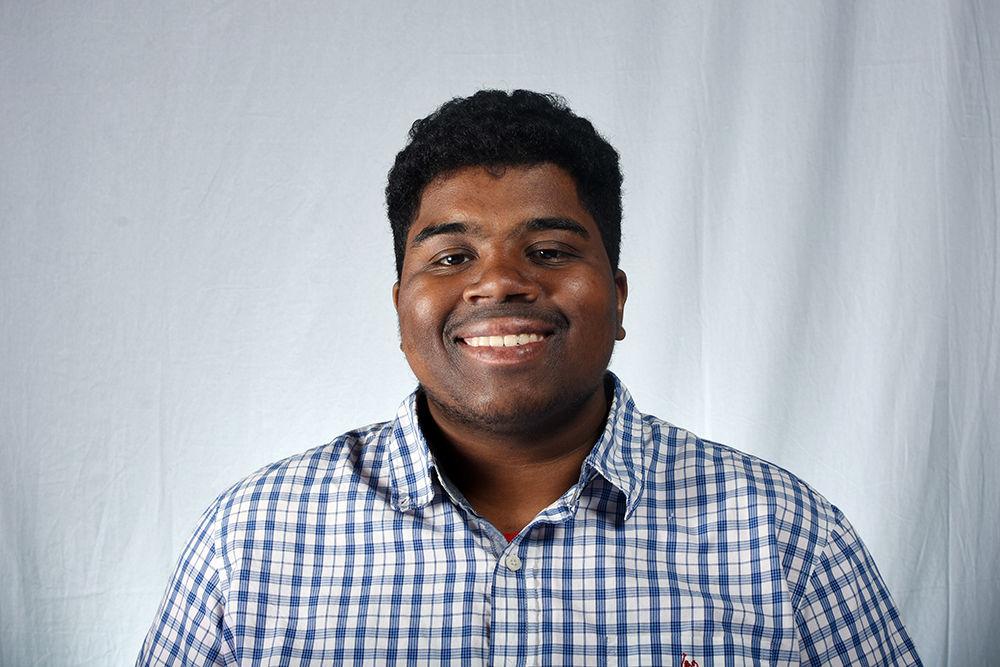
Shawn Fredericks
College students are the next generation of leaders and, as the next generation of leaders, we have an inherent responsibility to be better than all of the previous generations. While not perfect by any stretch of the imagination, we have the responsibility to leave the world a better place than when we found it. That is why college students, as the next generation, need to understand the concepts of power and civic engagements.
Power is a term that is used very frequently; however, very few understand what power actually is or how to exercise it, especially college students. What is also not understood by most people is that throughout our everyday routine we constantly move about within systems of power.
Think about it: your day-to-day behavior is consistently guided by power. While on NC State’s campus, your behavior is constantly monitored by surveillance cameras, litigation and social norms. Power is almost in every social interaction — it plays out in our family dynamics, our campus and, yes, of course, in our government.
Eric Liu, founder of Citizen University, broke down power within the civic arena into six aspects.The first is physical force — the control over the means of a force such as a militia or police force. Second is wealth, the ability to buy any other kind of power such as lobbying or buying a private army. Third comes state action or government; the use of law and bureaucracy to compel people to do or not to do certain things.
Fourth are social norms, a softer way to enforce social order. Think of the changing norms around gender equality. Fifth are ideas — ideas like equality and liberty can influence and motivate thought and action. Sixth is numbers; a massive number of people, through numbers, can express a collective intensity of interest like the March for Our Lives.
With the recent mass shootings sparking new energy for gun control protests and debates, it is important to be aware that at the center of this issue and every other social issue is a power struggle. I am always a proponent of a good protest, a show of defiance that makes the privilege tremble in their neoclassical ivory towers. However, that is all a protest is — a show, a performance — it needs to be backed by real tangible civic engagement, a true exercise of civic power.
Civic engagement, according to the American Psychological Association, is defined as “individual and collective actions designed to identify and address issues of public concern. Through civic engagement, people wielding their collective power, societal change is tangible and possible. The real way to challenge these power systems is to pair protest with civic action to both voice displeasure and to exercise that displeasure in spaces like the voting polls.
Research also shows that civic engagement is beneficial to young people. Psychologist Lisa Damour wrote about the research in her New York Times article, saying teenagers who participate in activism go on to higher levels of education and higher incomes than teenagers who don’t.
“The really remarkable thing about the study is that this was true even when they accounted for those teenagers’ early grades in school and their parents’ education levels, which are usually the factors that drive later success,” Damour said. “So it doesn’t prove that activism actually leads to high achievement, but it makes a very strong case for it.”
Understanding power and civic engagement is vital knowledge for college students. We stand on the precipice of making great leaps in making society better, not just for us but the generation after us. However, we often have little understanding of power and how to manipulate it for our collective benefit.
Power is often thought about as this evil thing that only the privileged class possesses, using that power to manipulate society for their own interest. While that is very true to a very sharp degree, power in and of itself is a neutral thing, like physics, just less mathematical. During our time at college, it is important to understand the power and its relationship to us; we should learn how to manipulate systems of power for our collective benefit.
The path to a great society is not an easy one, but it is attainable when we as a collective people use collective power. When we — especially the youth — use our power for the betterment of all people, the goal of a greater society will be reached.